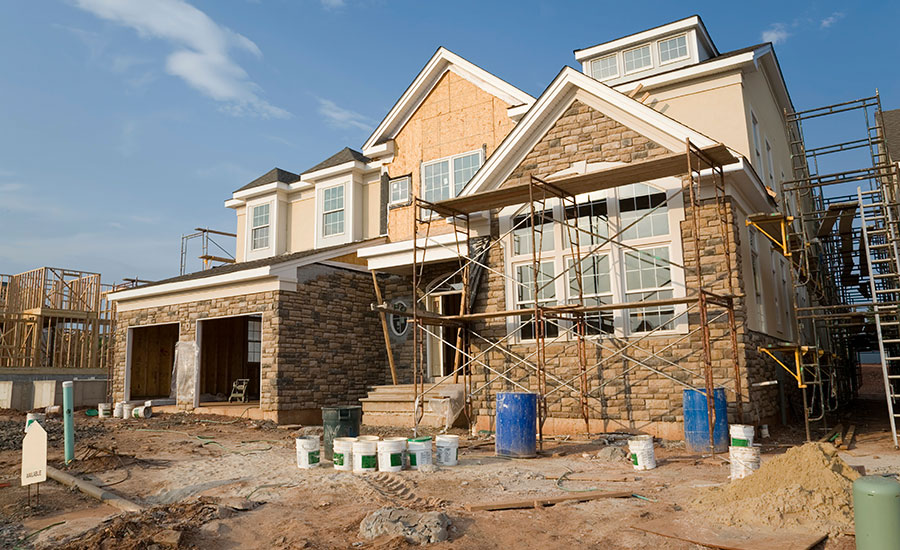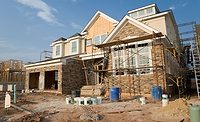Builder Confidence Remains Solid in February
The last three monthly National Association of Home Builders/Wells Fargo Housing Market Index readings mark the highest sentiment levels since December 2017.

Builder confidence in the market for newly built single-family homes edged one point lower to 74 in February, according to the latest National Association of Home Builders (NAHB)/Wells Fargo Housing Market Index (HMI). The last three monthly readings mark the highest sentiment levels since December 2017.
“Steady job growth, rising wages and low interest rates are fueling demand but builders are still grappling with increasing construction and development costs,” said Dean Mon, NAHB chairman and a home builder and developer from Shrewsbury, N.J.
“At a time when demand is on the rise, regulatory constraints along with a shortage of construction workers and a dearth of lots are hindering the production of affordable housing in local communities across the nation,” said Robert Dietz, chief economist with the NAHB. “And while lower mortgage rates have improved housing affordability in recent months, accelerating price growth due to limited inventory may offset some of that effect.”
Derived from a monthly survey that NAHB has been conducting for 30 years, the NAHB/Wells Fargo HMI gauges builder perceptions of current single-family home sales and sales expectations for the next six months as “good,” “fair,” or “poor.” The survey also asks builders to rate traffic of prospective buyers as “high to very high,” “average,” or “low to very low.” Scores for each component are then used to calculate a seasonally adjusted index where any number over 50 indicates that more builders view conditions as good than poor.
The HMI index gauging current sales conditions fell one point to 80, the component measuring sales expectations in the next six months was one point lower at 79, and the gauge charting traffic of prospective buyers also decreased one point to 57. Looking at the three-month moving averages for regional HMI scores, the Northeast rose one point to 63, the Midwest increased one point to 67, and the South moved two points higher to 78. The West fell one point to 83.
Additional details are available at www.nahb.org/hmi and www.housingeconomics.com.
Looking for a reprint of this article?
From high-res PDFs to custom plaques, order your copy today!








